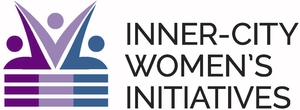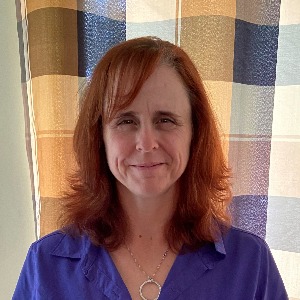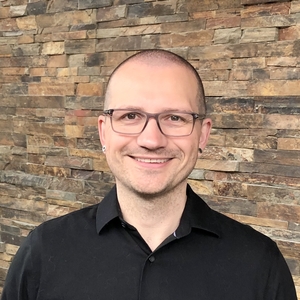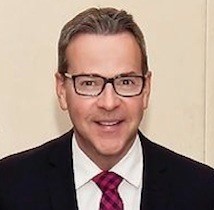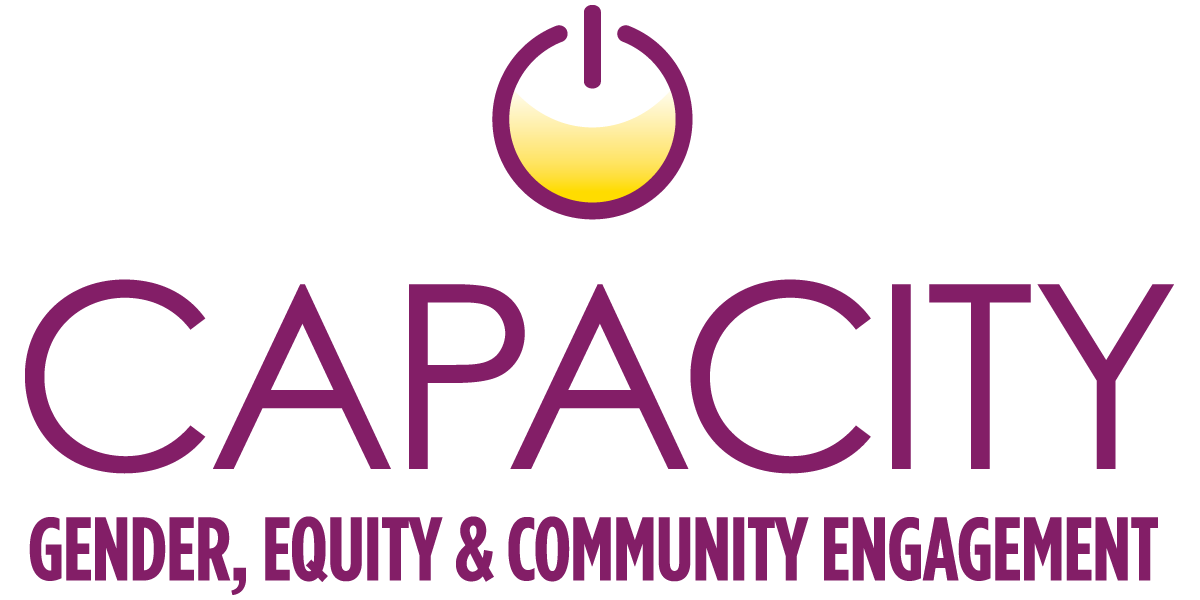Core Leadership
Dr. Victoria Bungay,
PhD, RN
Director, Capacity Research Unit
Dr. Bungay is a Professor at the School of Nursing at the University of British Columbia and holds a Canada Research Chair in Gender, Equity and Community Engagement. As the Director of the Capacity Research Unit, her work focuses on addressing socio-economic and political inequities (i.e., marginalization) inequities that negatively affect people’s health and well-being including the devastating effects of stigma, discrimination and violence. She is interested in how research partnerships can positively impact communities that are regularly excluded in health and social policy and programming that affect their lives and how community-based interventions support real world evidence.
Inner City Women’s Initiatives Society
The Inner-City Women’s Initiatives Society (ICWIS) is a not-for-profit organization providing services to women in Vancouver’s Downtown Eastside (DTES) neighbourhood since 1991. They provide intensive, ongoing support to women in partnership with not-for-profit and public sector health and human services. Within the ICWIS – UBC partnership, ICWIS is the community-co-lead in several research projects aimed at advancing collaborative and strength-based approaches to address women’s needs in their community. Within these studies, ICWIS built and sustains a community advisory committee comprised of women who have been historically underserved in the Vancouver Downtown Eastside (DTES). They also advanced the role of women with lived experience as peer support workers into research intervention teams. Linda Dewar is the Executive Director of ICWIS and co-lead of multiple research projects at Capacity. She has spent over 37 years dedicated to working with women experiencing social and health inequities in BC, the past 15 working directly with women living in the DTES. She and her team at ICWIS are instrumental in the design and implementation of research projects occurring at Capacity – providing the service and engagement expertise necessary for intervention studies aimed at addressing the systemic challenges that women face in receiving appropriate and non-discriminatory health and social services in their communities.
Patricia Tait,
MSc
Research Program Manager
Patricia has a Master of Science in Public Health Sciences from the University of Alberta with a specialization in Population Health, and worked in community support and public health environments for many years prior to moving into the field of research administration & management. She has worked in various aspects of research administration since 2003 such as education, ethics, grant facilitation, research development, and program management. As the Capacity research program manager, she oversees the day to day operations of the Unit, as well as being the project manager for the new multi-site outreach intervention project.
Dr. Adrian Guta,
PhD, MSW
Assistant Professor, University of Windsor
Dr. Adrian Guta is an Assistant Professor in the School of Social Work at the University of Windsor. His research examines the social and structural determinants of health, with a focus on how marginalized communities navigate and experience health and social care systems. Informed by critical theory, and using a range of methodological approaches, his research examines the social, cultural, and ethical dimensions of emergent health issues, biomedical technologies, and public health programs and interventions. Dr. Guta has received funding from the Canadian Institutes of Health Research, the Social Sciences and Humanities Research Council of Canada, and the Ontario HIV Treatment Network and is supported by a University of Windsor Humanities Research Fellowship (2020-2021).
Dr. Scott Comber,
PhD, MBA, MA
Assistant Professor, Dalhousie University
Dr. Comber is a faculty member at the Rowe School of Business, Dalhousie University, in Nova Scotia, Canada. His research seeks to understanding how complexity science approaches can be applied to healthcare systems (critical care). Specifically, he is interested in how complexity science can be implemented using front line ownership approaches. He is action oriented and practical, and brings his expertise in implemtation science to research teams.
Project Teams
For information on project specific team members, please go to the relevant research project page.


